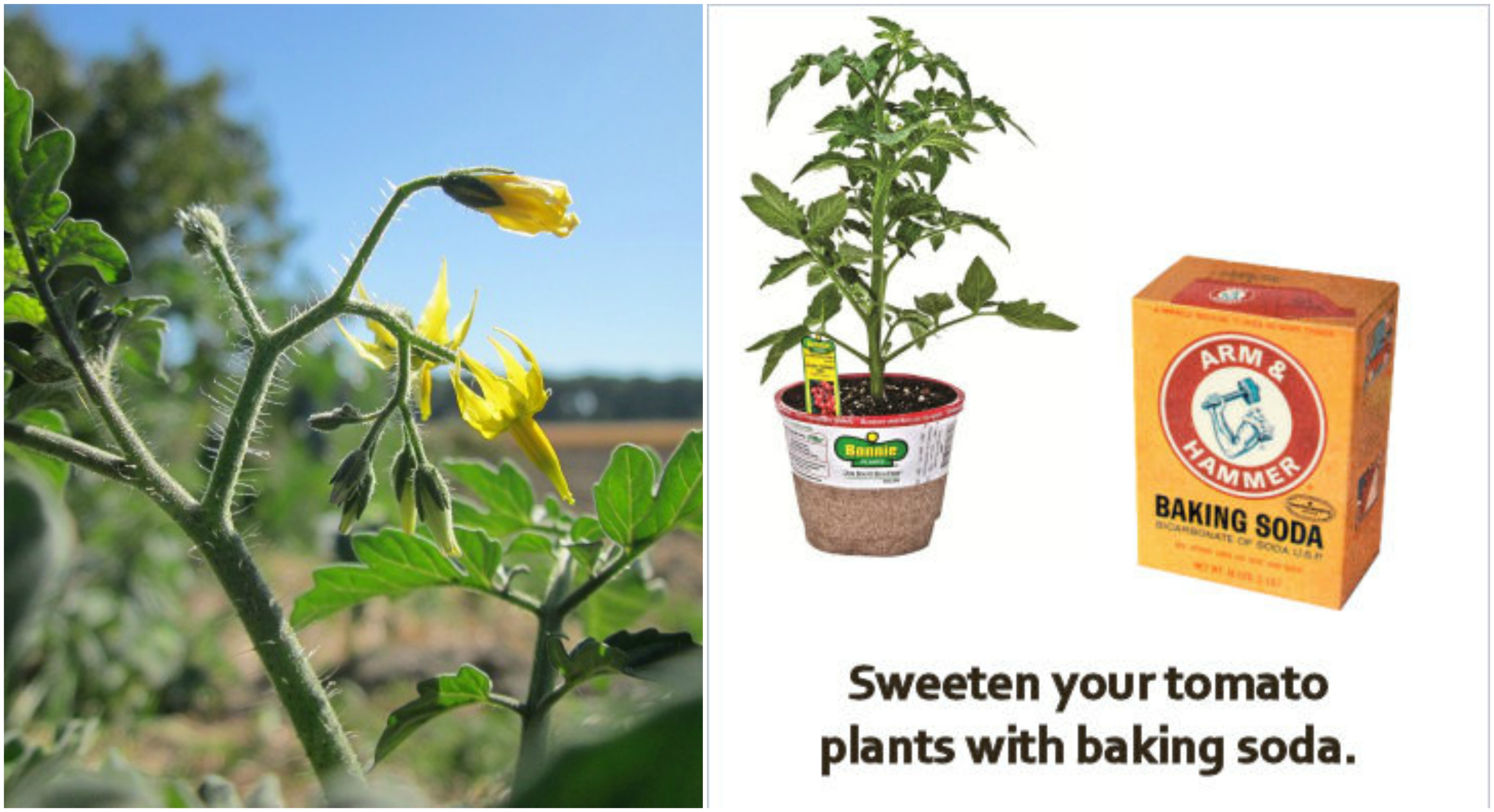10 Surprising Things You Might Not Know About Your Garden

1. Plants really do respond to sound
Talking to plants to help them grow is a well-known old wives’ tale, but studies have shown vibration (like music, or perhaps even the sweet sound of your voice) can affect plant growth. Plus, in an episode of the famous show, the Myth Busters (in an admittedly not-so-scientific study), compared a silent greenhouse to one where they piped in a voice soundtrack, and found that plants in the latter grew more.
2. The right orchid combination can smell like your favorite dessert
Did you know that the vanilla bean comes from a orchid varietal? And it’s not the only sweet-smelling kind: “An oncidum hyrbrid called Sharry Baby smells like chocolate,” says George Hatfield, president of the Santa Barbara Orchid Show. “It’s ‘baking cookie’ aroma has made it a winner.” And that’s not all: The cymbidium Golden Elf smells lemony, and the phalaenopsis violacea has a cinnamon scent. “Just like you’d combine Jelly Belly beans to create new flavors, you can combine orchids to create a garden that smells like a dessert buffet,” says Hatfield.
3. You don’t need to be a dedicated composter to reap similar benefits
Applying used coffee grounds, eggshells, chopped-up banana peels, and other organic matter directly to your soil (no composting required) can offer plants nutrients as they decompose. For already-growing beds, scatter and bury the items within the first few inches of soil.
4. You can change a hydrangea’s color by altering the pH level of the soil
A more alkaline soil will result in pinker blooms, while more acidity will produce blue blooms. To coax your plant to the blue side, add more organic matter to your soil, like egg shells and coffee grounds (though the acidity in used coffee grounds can vary greatly, so you might try a high-acid fertilizer, too). The change won’t happen overnight, but eventually you should succeed in manipulating your soil’s pH level.
5. A little baking soda can help you grow sweeter tomatoes
A regular sprinkling of this kitchen staple into your plant’s soil can help reduce acidity, which sweetens up your crop.
6. A sunflower is not just one flower
Both the fuzzy brown center and the classic yellow petals are actually 1,000 – 2,000 individual flowers, held together on a single stalk.
7. Butterflies might be more attracted to your weeds than your flowers
Colorful blooms aren’t the chief reason these insects love your garden – it’s more about the fragrance and nectar. According to the Smithsonian Institute, new cultivars of popular flowers have been bred for enhanced color and size, but have often lost their fragrance in the process. So everyday weeds, like dandelions and clovers, might actually be the most appealing things in your yard to butterflies (they hate pesticides, too). Taking care to choose heirloom flower seeds can get them to also fly your way.
8. Deer can jump eight feet high
They might require a running start to reach such heights, but a tiny fence often isn’t enough to keep these garden nibblers away. Try a taller one, plant thorny or pungent plants as a natural barrier, or scare them off with lights or wind chimes.
9. Some of your favorite fruits are actually in the rose family
Apples, pears, peaches, cherries, raspberries, strawberries, and more are rosaceae, making them cousins to the long-stemmed Valentine’s Day variety.
10. There are more microorganisms in one teaspoon of soil than there are people on earth
That fact might make you itchy, but microbes are important for keeping your soil full of nutrients.


